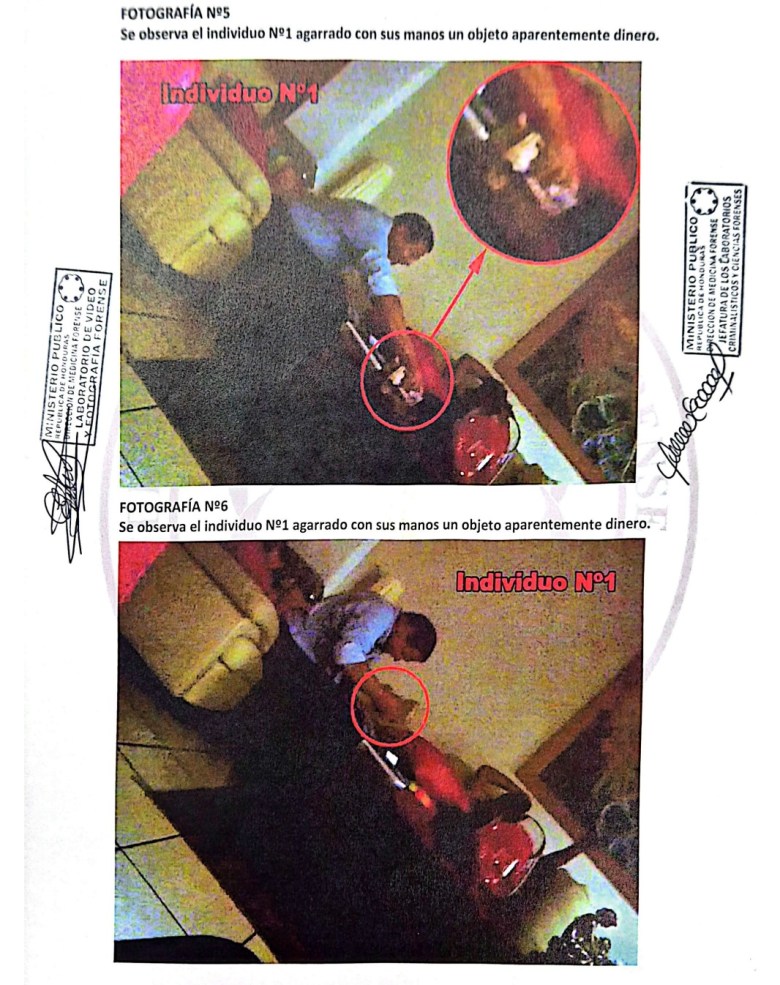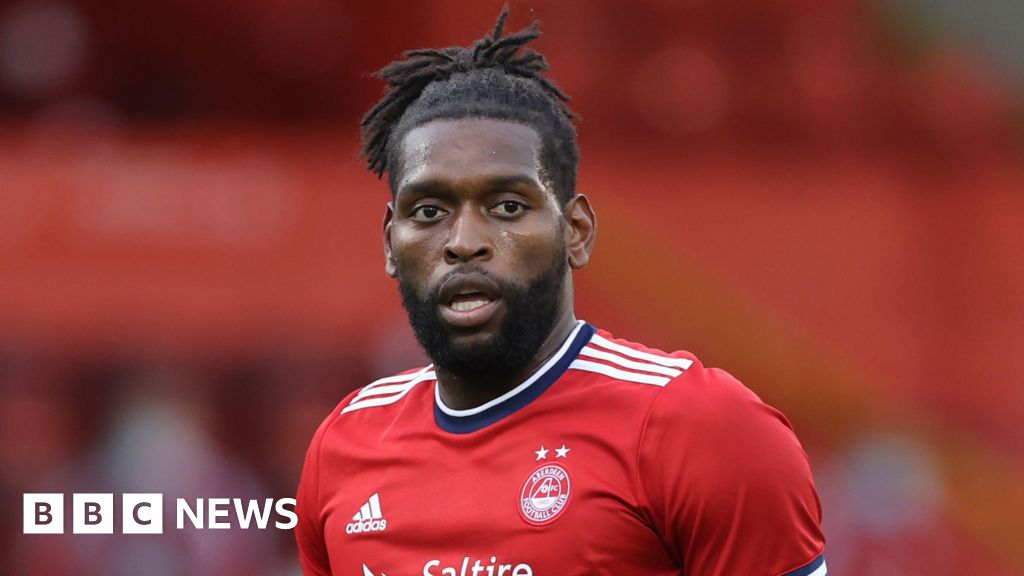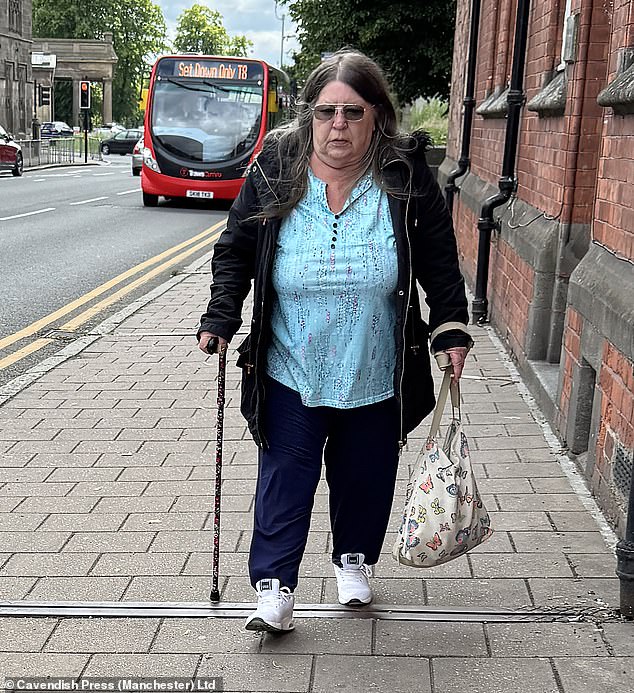
Authorities in Honduras are prosecuting a former general for taking bribes from drug traffickers using similar video evidence that implicated a relative of the sitting president who was never charged, underscoring the selective nature of such prosecutions.
On May 23, the Attorney General’s Office announced money laundering charges against Romeo Orlando Vásquez Velásquez, the former head of the armed forces in Honduras. Prosecutors accused him of laundering the drug proceeds of the Cachirosformerly one of the country’s most prominent cocaine trafficking groups.
Prosecutors said the charges were supported by “expert evidence” analyzed by forensic technicians. This referred to several videos they allege show Vásquez meeting in San Pedro Sula with a number of drug traffickers, including Carlos Lobo, alias “The black wolf,” and Hector Fernández Rosa, alias “Don H,” as well as Yankel Rosenthal, a former government minister who was later convicted of laundering drug money.

In one of the videos, Vásquez allegedly received an unspecified amount of cash from Devis Leonel Rivera Maradiaga, a former Cachiros leader currently jailed in the United States. Maradiaga reportedly filmed the video in 2013, when Vásquez was running as a presidential candidate for a political party called the Honduran Patriotic Alliance (Alianza Patriótica).
The latest scandal comes a little more than eight months after InSight Crime published another narco video filmed by Maradiaga that implicated Carlos Zelaya, the brother-in-law of President Xiomara Castro. In that video, Zelaya is seen meeting with many of the same drug traffickers as Vásquez, including Don H, El Negro Lobo, and Ramón Matta Waldurraga, to negotiate donations to Castro’s failed 2013 campaign for the presidency.
SEE ALSO: Narco Video Shows Traffickers Discussing Bribes With Honduras President’s Brother-in-Law
During the meeting, Zelaya is heard saying that half of the proposed money, which totalled more than $500,000, would go to Castro’s campaign, while the other half “must be for the commander,” referring to the nickname many within the ruling Libre Party use for Carlos’ brother – and Castro’s husband – Mel Zelaya.
Carlos Zelaya admitted to attending the meeting depicted in the video published by InSight Crime just days before it was published. However, he denied that he or Castro’s campaign ever received any money from the traffickers.
InSight Crime Analysis
The flurry of narco videos ensnaring the Honduran political establishment in yet another scandal lays bare the selective justice at play in the country and the ongoing failure of elected officials to root out high-level corruption when it would mean targeting powerful allies.
At the time of the release of the first narco video, Carlos Zelaya resigned from the legislature and stepped down from his post as the secretary of Congress. However, he was never formally charged with any crime and has continued receiving monthly salary payments, according to an investigation by the independent news group Contracorriente. In total, Zelaya has reportedly received more than 900,000 Lempiras (nearly $35,000) since his resignation.
A spokesperson for the Attorney General’s Office did not respond to InSight Crime’s request for comment.
President Castro condemned negotiations between drug traffickers and politicians in a televised address following the release of the video implicating her brother-in-law. But the contrast in the way in which prosecutors handled the video evidence presented against Vásquez and Zelaya suggests only certain people will be held accountable for the type of corruption that has undermined the political system to the benefit of drug traffickers.
SEE ALSO: How Narco Money Could Influence the Presidential Elections in Honduras. Again.
“It was evident that this government had serious ties to organized crime after the Carlos Zelaya video,” said Gabriela Blen, an anti-corruption activist and founder of the Indignant Movement (Movimiento Indignados). “But they negotiated impunity for their highest-ranking leaders, and Romeo Vázquez obviously wasn’t part of the impunity pacts they negotiated.”
What’s more, the Castro administration has dragged its feet on installing a United Nations-backed anti-corruption mission known as the International Commission against Corruption and Impunity (Comisión Internacional contra la Corrupción e Impunidad en Honduras – CICIH), even though the proposal has widespread support among civil society groups and anti-corruption advocates.
Featured image: The facade of the Attorney General’s Office in Honduras. Credit: Confidencial HN



